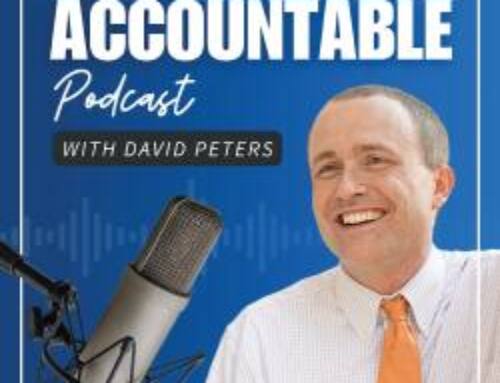Welcome to the Federal Tax Update Podcast, hosted by Lynn Nichols. This is presented as a member benefit by the South Carolina Association of CPAs. It is produced to provide current information about developments in U.S. tax law, such as cases, ruling, IRS pronouncements and expert comments on hot topics.
The commentary is brief, and you should not take a position on the items discussed until you thoroughly examine it with authoritative sources. All topics can be found discussed in further length at Tax Notes Today.
“I have relied on Tax Analysts® to provide reliable and timely analysis of Federal tax developments for over 30 years. The ‘headnotes’ you see here are from ‘Tax Notes Today,’ the preeminent source of accurate information and analysis of important developments and trends in Federal taxation,” Nichols says.
You can contact Lynn Nichols at lynnnicholscpa@outlook.com or 714.321.3387 and connect on LinkedIn.
Entry fees for daily fantasy sports (DFS) contests count as wagering transactions under a tax code section that limits deductions for losses on such transactions, according to an IRS internal legal memorandum. [Tax Notes Today, 10/19/2020, Article by Frederic Lee] [ILM 202042015, 10/19/2020]
- Final Regulations on Eligible Terminated S Corporations
[T.D. 9914, 10/19/2020]
A U.S. bankruptcy court, granting partial summary judgment, held that the potential tax consequences of forgiving a debtor’s student loan debt of over $100,000 by themselves are not enough to render the debt dischargeable but found that there is a genuine issue of whether she can afford the monthly loan payments. [Jill Stevenson v. Educational Credit Management Corp.; Bnk NM, No. 19-01085, 10/16/2020]
Nichols’ note: This item illustrates the difficulty some will have in dealing with student debt. This poor woman will NEVER get out from under her debt. Did you know there are federal programs that limit your payment if your income is low and then forgive your loan altogether after you make your payments on time for 20 years??? But here’s the kicker: The forgiven loan is taxable income, which would have been at least a $25,000 tax bill if not discharged in bankruptcy.
- Instructions Released on Partnership Tax Capital Reporting
[IR-2020-240; 10/22/2020]
- “Floating Homesites” Do Not
[Pine Mountain Preserve LLLP et. al. v. Commissioner; No. 19-11795; 10/22/2020]
A federal tax specialist for 50 years, Lynn Nichols provides tax consulting services to CPA firms on complex federal income tax issues, professional standards in tax practice and effective tax practice management. Check out his Tax Updates video playlist.
Click and subscribe to the SCACPA YouTube channel so you don’t miss another update on guidance from the experts.



